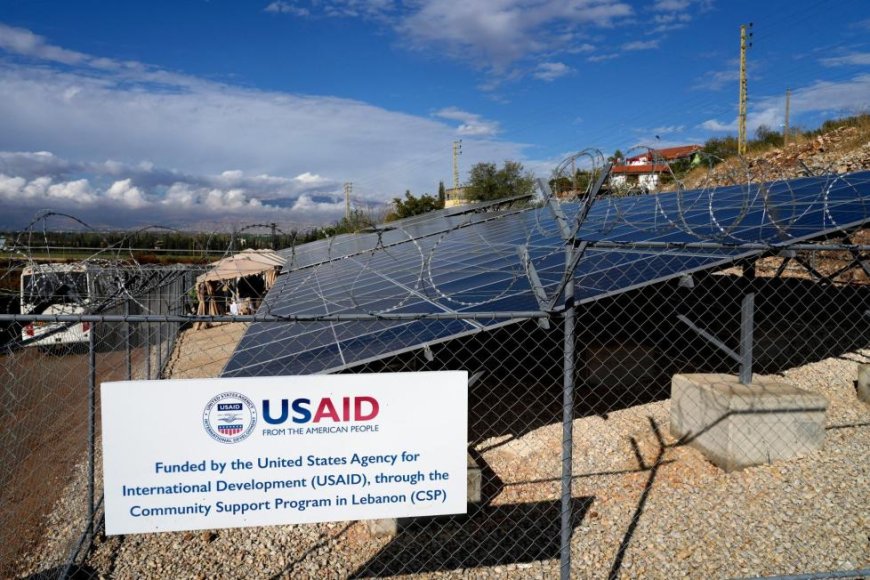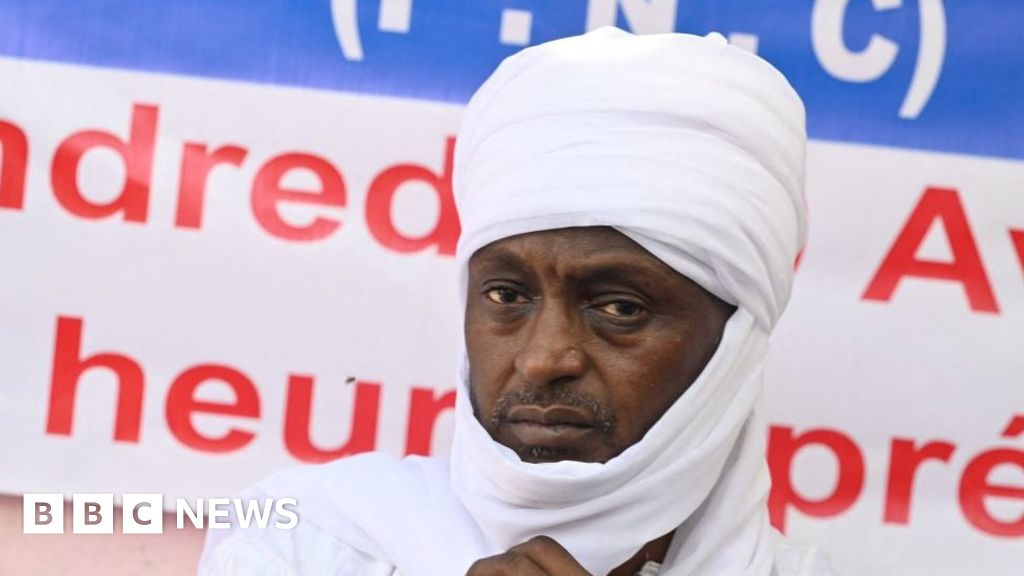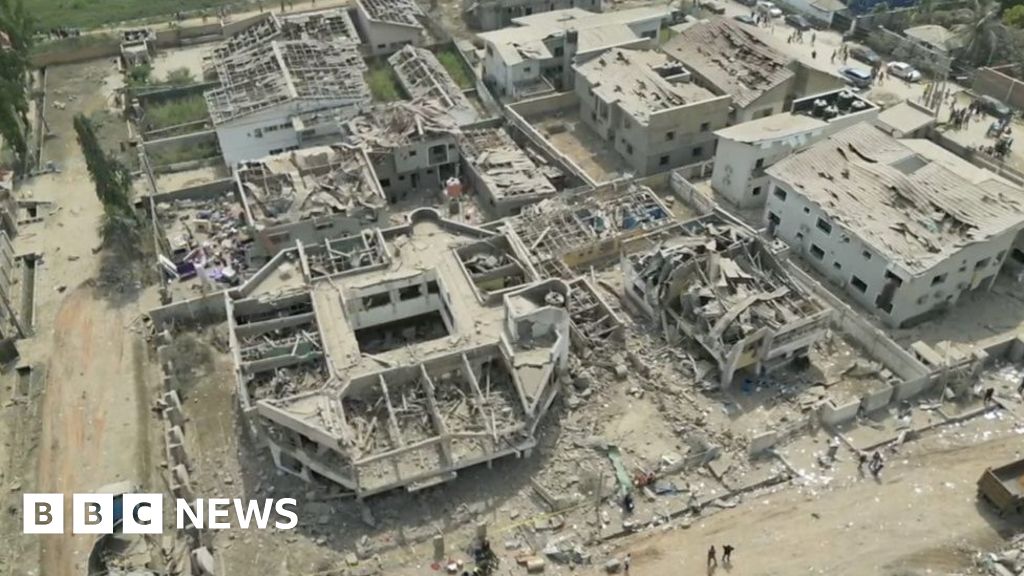US Foreign AID: A Lifeline or a Chain?

Nairobi,
Saturday, 1 February, 2025
McCreadie Andias
Foreign aid functions as a primary diplomatic instrument from the United States whose purpose includes humanitarian programs and economic interventions both internationally and particularly throughout Africa.
The United States Agency for International Development (USAID) works as a Washington-based program which distributes billions of dollars to fund different initiatives regarding health along with education and infrastructure development and government control programs.
This development assistance program stands officially documented as an essential tool against poverty while simultaneously serving development purposes. The critics maintain that this aid creates dependency issues alongside corruption while primarily benefiting America's strategic purposes rather than assisting the recipients.
Foreign aid from the United States repeatedly faces scrutiny regarding its actual purpose as either an authentic development enhancement program for foreign nations or an economic and political instrument which mainly advances Washington's aims.
The Numbers Behind the Aid
During 2023 the U.S. federal government distributed $60 billion of foreign aid money to Africa for HIV/AIDS prevention programs under the President's Emergency Plan for AIDS Relief (PEPFAR) while also focusing on economic growth and ensuring food availability as well as military support. USAID reports that the African sub-continent received more than $8 billion from foreign aid.
The continuing allocation of funds since the 1960s has not improved African nations' development or resolved their problems with governance. The critics point out that the funds frequently fail to provide assistance to actual beneficiaries because of administrative shortcomings and corrupt practices and unprioritized management.
The watchdog organization Transparency International discovered in its 2021 report that substantial parts of outside aid sent to Africa vanished through corrupt practices because elite figures intercepted funds intended for specific recipients.
Economists together with African policy analysts emphasize that foreign aid creates an unsafe pattern of dependency. The economist Dambisa Moyo from Zambia asserts in her book Dead Aid that persistent foreign aid hinders governments from developing their economies through independent means.
According to Moyo aid works as an unnoticeable economic growth destroyer because its constant supply creates barriers to both reform progress and self-reliance.
Ethiopia which received U.S. aid at the highest level in Africa continuously obtained more than $1 billion annually over an extended period. Despite saving numerous lives through health and food programs the country maintains ongoing challenges related to economic instability as well as conflict and governance problems.
Foreign aid dependence according to analysts has diminished Ethiopia's internal institutions while making political turmoil worse.
Aid or Political Leverage?
Foreign aid granted by the U.S. serves both humanitarian and strategic purposes. The United States provides funding that serves political purposes which include blocking Chinese influence in Africa while building military alliances and pursuing advantageous trading opportunities.
The Ugandan government experienced reduced U.S. financial support when it approved legislation that targeted LGBTQ communities during the year 2023.
The U.S. introduced this aid cut to prevent human rights abuses yet several African leaders pointed out Washington was using assistance as a forceful way to impose Western cultural norms. Ugandan President Yoweri Museveni expressed his opposition to U.S. aid as a weapon when he said "Aid should not be a weapon."
The Tanzanian government received decreased USAID funding in 2019 because it passed new restrictive media and political laws. The U.S. administration explained their funding cuts through democratic regression but critics maintained economic pressure served to enforce Western rules on national governance.
The delivery of public health represents a clear achievement of United States foreign aid programs in the African continent. The PEPFAR initiative launched in 2003 delivered antiretroviral treatment to more than 25 million individuals with HIV/AIDS which produced remarkable decreases in mortality across Africa.
The United States has spent its resources in malaria programs that saved many lives among children younger than five.
These health initiatives demonstrate how foreign aid creates an unusual contradiction in development. These quick practical benefits often make the medical sector neglect building permanent healthcare programs which rely on local leadership.
Medical support given by foreign entities creates vulnerabilities because dropping external funding could restore previously controlled infectious diseases.
The Case for Reform: Toward Sustainable Partnerships
Several experts have proclaimed the necessity of modifying existing foreign aid delivery methods. Dr. George Ayittey proposes foreign aid should shift toward boosting local enterprise development with infrastructure investments to support African-led improvement programs instead of long-term relief fund maintenance models.
Dr. George Ayittey asserts that the pathway toward development should focus on trading relationships instead of continuing with aid programs.
A number of African countries begin to implement ways to lower their dependence on foreign aid. The government of Rwanda led by President Paul Kagame emphasizes both economic self-dependence and trade and investment development to reduce its dependence on foreign AID.
Different nations are implementing parallel approaches which seek to replace foreign support with improved governance together with economic independence and creative solutions.
The Future of U.S. Aid in Africa
Global political developments create uncertainty about U.S. foreign aid programs for Africa. The ascent of China within Africa through investments and infrastructure development interferes with the established Western charity model based on aid.
African leaders now seek financing alternatives which provide economic growth instead of maintaining dependent relationships.
The United States needs to shift its approach from charity-centered aid to economic partnerships which place African-led development at the forefront to retain its essential role in African development according to expert opinions.
Foreign aid needs to build sustainable power instead of embedded reliance because its purpose should function as an independent-building mechanism beyond continuous dependency.
The purpose of foreign aid is simultaneously to preserve life and create dependency. The impact of foreign aid upon Africa will determine whether it helps or hinders African nations based on how the plans are developed and which entities manage control and whether aid purposes align with benefiting the African peoples.
What's Your Reaction?

































































































































































































































































































